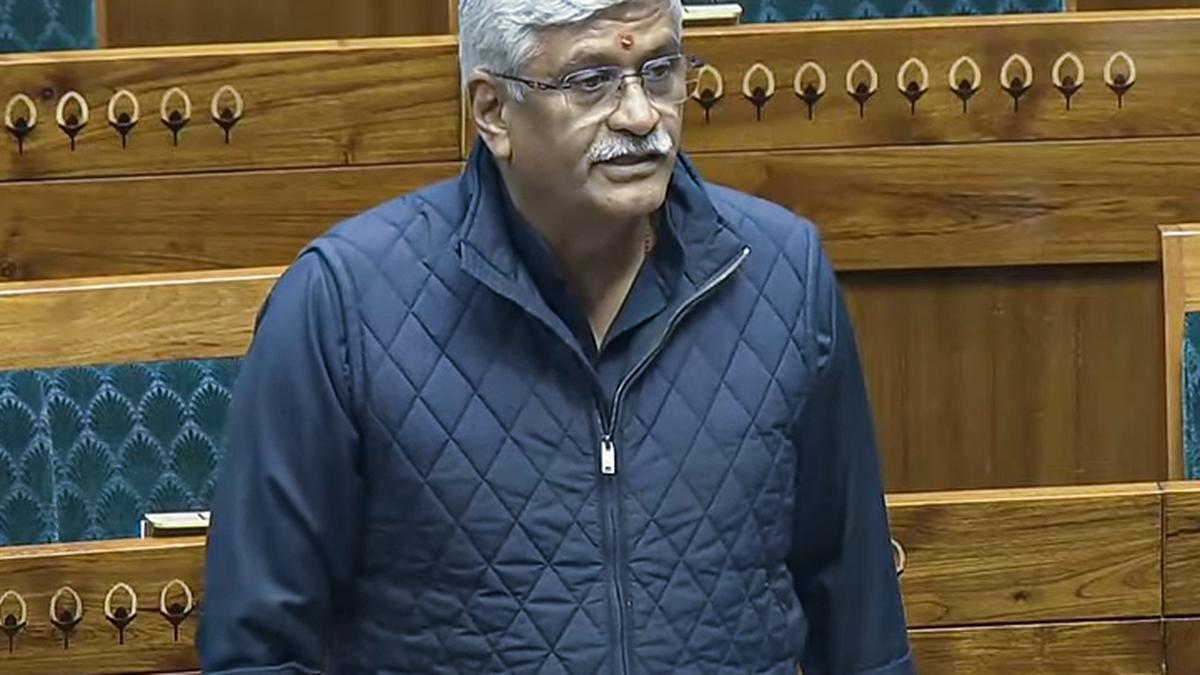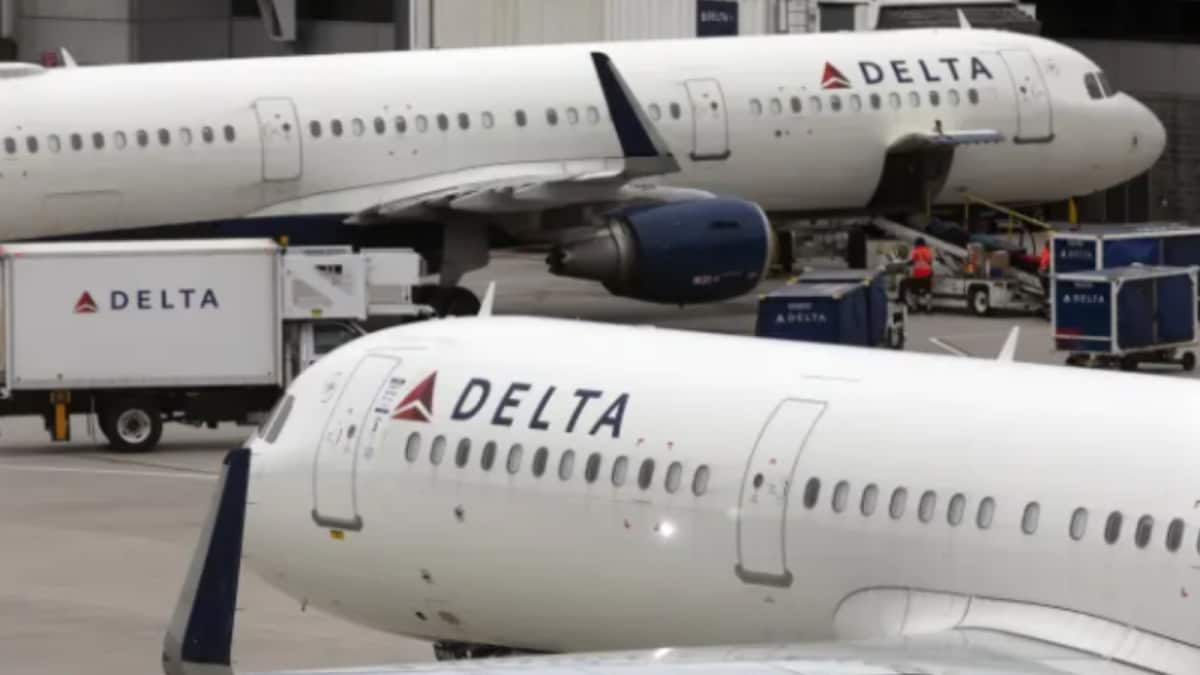Maharashtra Revenue Minister and senior BJP leader Chandrashekhar Bawankule said the State government will assess the merits of the Bombay High Court order acquitting all 12 accused in the 7/11 Mumbai train blasts, which killed more than 180 persons, before deciding on whether to challenge it in the Supreme Court.
Seven blasts had ripped through Mumbai local trains at various locations on the western line on July 11, 2006, killing more than 180 persons and injuring several others.
Nineteen years later, the Bombay High Court on Monday (July 21, 2025) acquitted all the 12 accused, saying the prosecution utterly failed to prove the case and it was "hard to believe they committed the crime".
A special bench of Justices Anil Kilor and Shyam Chandak said the prosecution has failed to even bring on record the type of bombs used in the crime and that the evidence relied on by it was not conclusive to convict the accused persons.
Speaking to reporters, Mr. Bawankule said, "The Maharashtra government will assess the merits of the case before deciding to challenge the HC decision to acquit all the accused. Before that, we will discuss aspects like the merits of the judgement and reasons for the acquittal. Chief Minister Devendra Fadnavis will also look into it. The state government will move the Supreme Court only after the assessment." If the state has any additional information, CM Fadnavis will present it in detail, said Bawankule, who is a former president of the Maharashtra unit of Bharatiya Janata Party.
Former Lok Sabha MP Sanjay Nirupam of the Eknath Shinde-led Shiv Sena termed the verdict as unfortunate.
So a question arises as to who engineered the blasts, he said, adding it has to be seen if there were shortcomings in the work of the probe agencies.
The Maharashtra Anti-Terrorism Squad (ATS) had conducted the probe into the case.
Minister and NCP leader Chhagan Bhujbal said the State government will study the verdict and it can approach the Supreme Court if it feels the need to do so.
A special court had, in 2015, convicted 12 persons in the case, of whom five were sentenced to death and the remaining seven were given life imprisonment. One of the convicts died pending hearing of the appeal.



.png)
.png)
.png)
















 9 hours ago
4
9 hours ago
4







 English (US) ·
English (US) ·